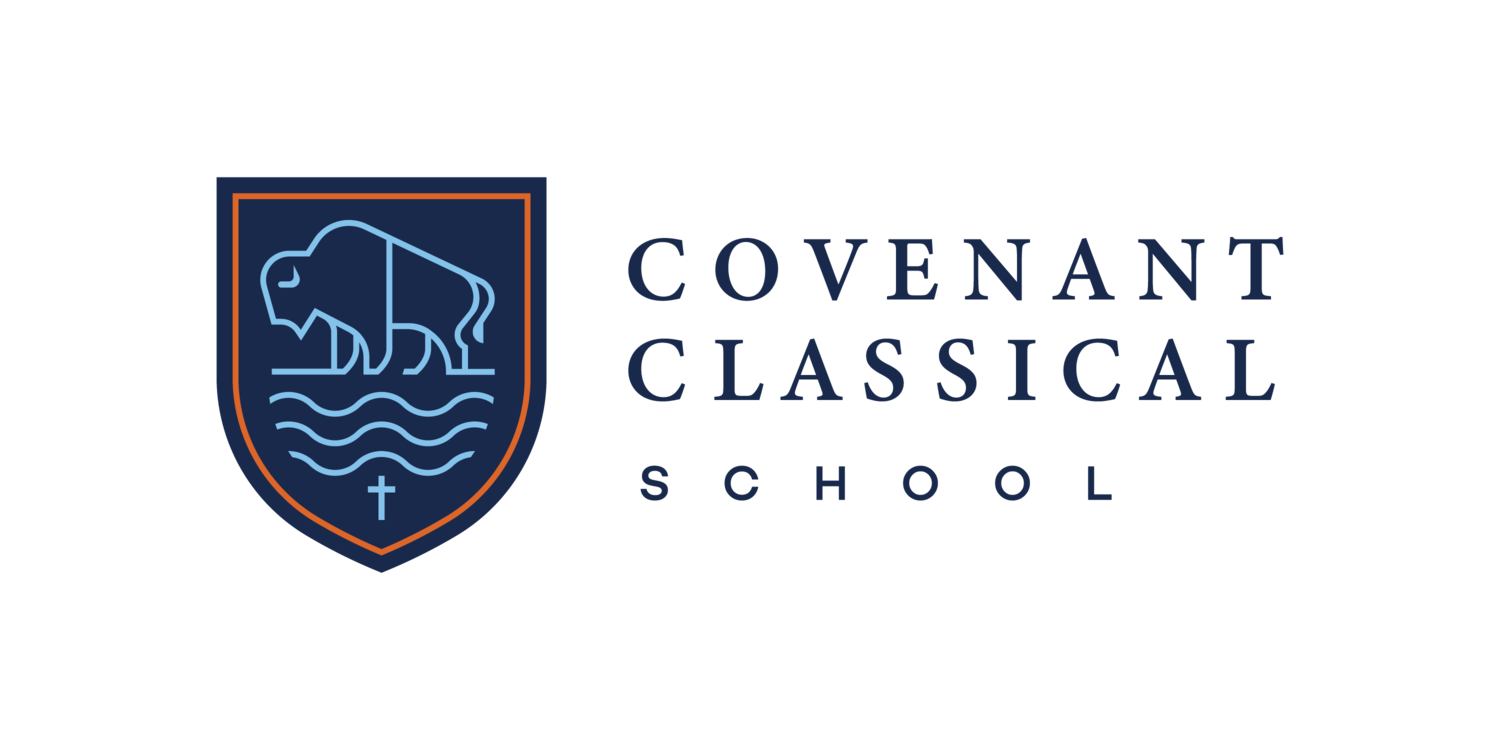
Distinctly Christian
For education to be distinctly Christian it must first begin with God’s revelation. God’s Word is the sun at the center of all other curriculum; it shines its light on all other subjects.
Special revelation from God’s Word guides and governs our understanding of general revelation in God’s world. And experiencing the truth, goodness, and beauty of God’s world helps to expand and enrich our knowledge and understanding of God’s Word.
We believe that the chief end of man is to glorify God and enjoy him forever.
Therefore, we believe that the aim of Christian education is to form students first and foremost into lovers of God in Jesus Christ, and secondly, into lovers of others (Matt. 22:36-40).
Practically speaking, here are some of the ways that our school seeks to employ its Christian distinctiveness:
There is no such thing as education that is neutral.
We unapologetically teach from a Christian worldview. We believe that the eternal Word (i.e., the Logos), Jesus, is the place where all wisdom and knowledge find their end. And we teach that all subjects are connected as “an integrated whole with the Scriptures at the center.” The Scriptures govern and orient all our learning and have ultimate authority in our lives.
All truth is God’s truth.
Augustine once said, “...wherever truth may be found, it belongs to his Master.” Our conviction is that the Bible was not meant to be read as a scientific or mathematical text, but rather that it should provide the authoritative framework for interpreting all truth. We are committed to seeing truth, goodness, and beauty wherever they may be found because the triune God is their source.
Parents are primarily responsible for discipling their children.
We believe parents should be involved in their children’s education and development. Schools exist to partner with and support the role that God has given to parents. Our school’s collaborative model affords parents the joys of learning alongside their children without the administrative burdens of choosing curriculum and planning lessons.
The faith and character of teachers matters.
We are committed to hiring only teachers who are professing, practicing Christians and who are members of a local church that adheres to a statement of faith that is included in our Book of Confessions (see Statement of Faith tab for more information). Because information and formation are so closely related, we desire our staff not only to be exceptional teachers but also great role models (Luke 6:40). This is consistent with our conviction that education is primarily about directing our loves and our worship. There must be congruency between a teacher’s profession of faith and their life. This consistency will help legitimize that which is taught to the students (cf. Acts 20:18-20).
Education can’t save us.
We do not believe that education can save or perfect students—this was the error made by the educational reformers following in the footsteps of John Dewey. We do not believe that the fundamental problem with children is a lack of information; we believe their fundamental problem is sin. So good advice cannot save them; they need good news. The Gospel is the good news that Christ died for our sins, that he rose again from the dead on the third day, and that anyone who repents and believes in him will have eternal life in his name. We believe that faithful Christian education seeks to plant and water Gospel seeds while trusting in God to cause the growth.

“The end of learning is to repair the ruin of our first parents by regaining to know God aright, and out of that knowledge to love him, to imitate him, to be like him.”
- John Milton

